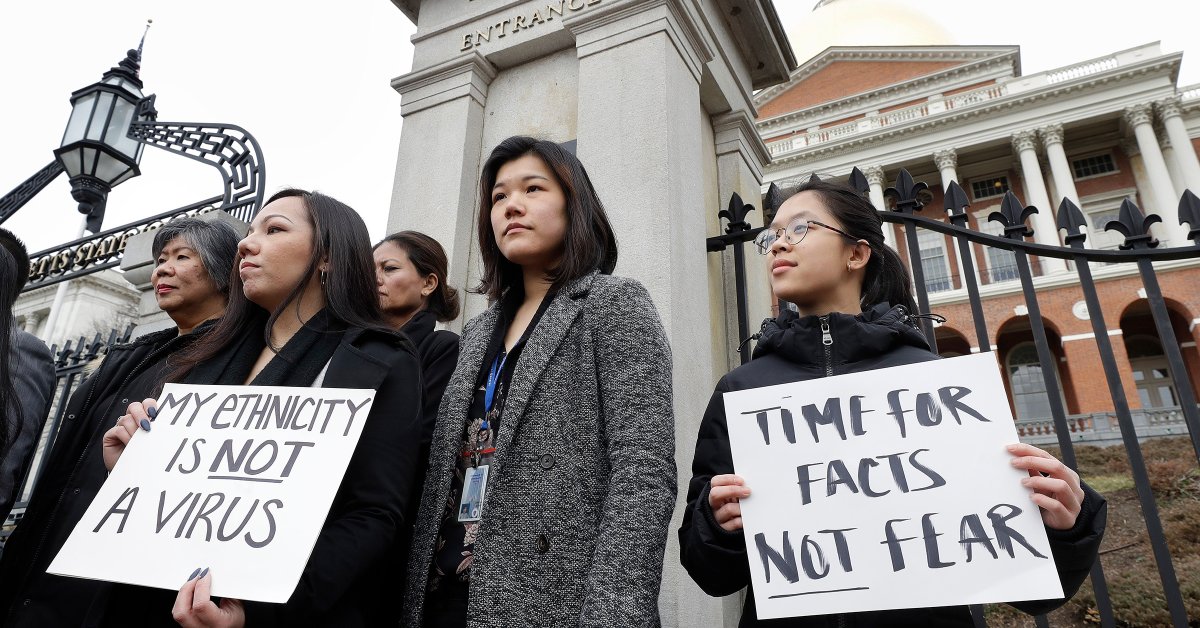By Olivia Yin
Asian American discrimination has been prevalent since the beginning of the interactions between the United States and Asia. It was evident in the Chinese Exclusion Act in the United States in 1882 and continued all the way until 1943 where Chinese immigrants were shut out of the U.S. because they were willing to work for smaller wages than the American workers. I only started learning about such racism in recent years of my education. I was appalled by the discrimination and by how recently these events took place.
We have progressed so much as a society, but Asian American hate crimes have spiked during the COVID 19 pandemic and have only recently received media attention. It is important for people to be aware of the racist thoughts that still exist even in our own community.
COVID-19 has surfaced the already existing Asian American discrimination. The number of reported anti-Asian hate crimes in New York City spiked from 4 in 2019 to 28 in 2020. Stop AAPI Hate, a site that tracks Asian American hate crimes, reported 2,800 incidents against Asian Americans from March to December 2020. Verbal abuse and shunning accounted for 90% with shockingly the other 10% being for physical harassment.
Many Asian Americans have spoken up about hate acts they had experienced. However, many of the responses revolved around not being Chinese, never having been to Asia, or identifying more as an American than an Asian.
I was disappointed that this was the message being sent. People shouldn’t have to defend themselves against the racist acts by disassociating themselves from a culture. All Asian Americans could be subjected to a hate crime no matter what their relationship with Asian culture is; to others, their Asian features say enough.
We should support Asian Americans if their story is that they have never experienced their Asian background, if they were born in the United States but experience their heritage through family, or if they were born in Asia and migrated to the United States.
An Asian American shouldn’t have to clarify that they weren’t born in Asia to avoid hate. Someone’s heritage shouldn’t be associated with a virus. When former President Trump labeled COVID-19 as “kung flu” or the “China virus,” he linked a country to being responsible for a deadly virus. COVID-19 affects all people no matter their ethnicity. I think the narrative should include the stories of those Asian Americans who were wrongfully assumed as Chinese, while also acknowledging that if they weren’t, it wouldn’t justify the hate act in any way.
It is important to understand the situations of all Asian Americans and send the message that no hate acts should be tolerated, no matter someone’s unique relationship with their culture.






Be First to Comment